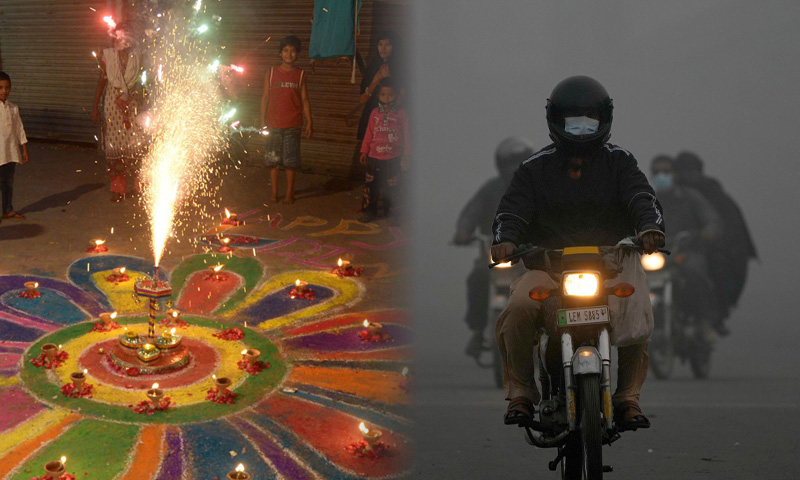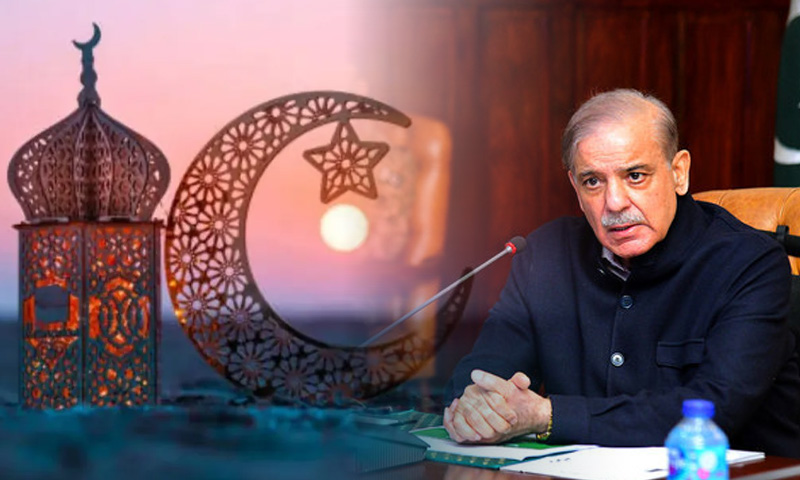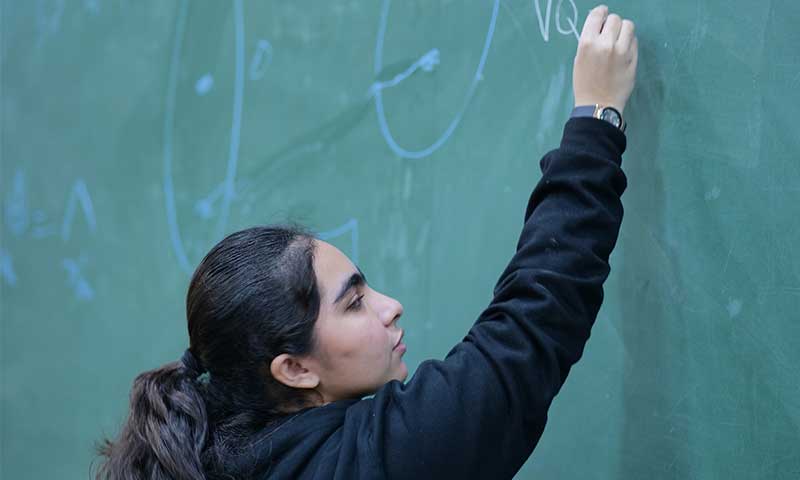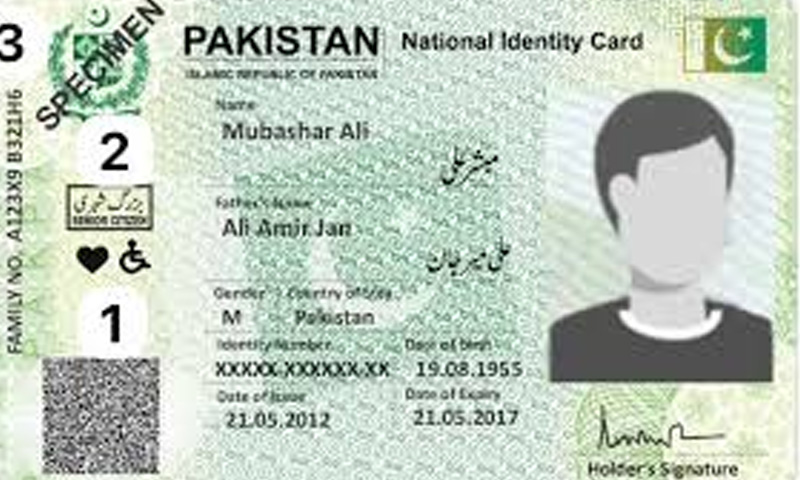- Web Desk
- 52 Minutes ago
Happy Diwali, but mind the AQI; Punjab steps up anti-smog measures
-

- Web Desk
- Oct 20, 2025

LAHORE: While Diwali is a happy and festive occasion for Hindus in Lahore and across the country, this year the celebrations are expected to come with a downside – a significant deterioration in air quality (AQI) due to increased fireworks and smog.
To deal with this, the Punjab government has finalised comprehensive arrangements to combat rising air pollution during the Diwali festival, with special focus on controlling smog caused by cross-border winds carrying pollutants from India.
According to the Punjab Smog Monitoring Center, winds from Amritsar, Ludhiana, and Haryana are expected to worsen the Air Quality Index (AQI) in several cities including Lahore, Faisalabad, Sahiwal, Bahawalpur, Multan, and Rahim Yar Khan. Lahore’s AQI is projected to range between 210 and 230 today, with peak pollution levels expected in the morning and nighttime hours due to low wind speeds (1–2 km/h) and no forecasted rainfall.
To mitigate the impact, the Water and Sanitation Agency (WASA), Lahore Development Authority (LDA), and local municipal bodies have begun deploying water spraying vehicles and anti-smog guns in affected urban areas. Operations began at night and will continue from dawn, targeting pollution hotspots.
Punjab Senior Minister Marriyum Aurangzeb said that strict enforcement is in place to prevent garbage and crop residue burning. She also urged covering construction sites and transport vehicles to reduce dust and emissions.
Traffic fumes, road dust, waste burning, and Diwali-related activities are expected to contribute further to air pollution. This prompted the Punjab Smog Monitoring Center to issue a safety advisory. Citizens, especially children, the elderly, and individuals with respiratory conditions, are advised to remain indoors and use protective masks if outdoor movement is necessary.
Despite the grim forecast, a brief improvement in air quality is expected between 1 PM and 5 PM. The government urges citizens to follow all standard operating procedures (SOPs) to help curb pollution.
“Every citizen’s role in reducing smog is vital. Collective action can bring meaningful change,” Aurangzeb said, while also appealing for public cooperation during this period.




